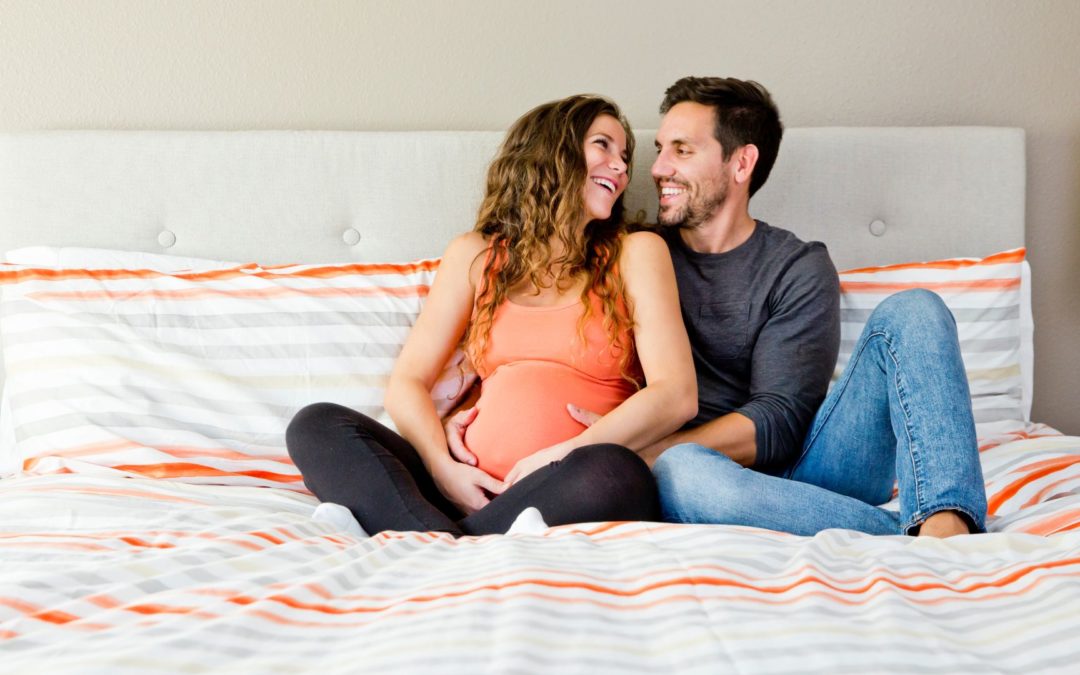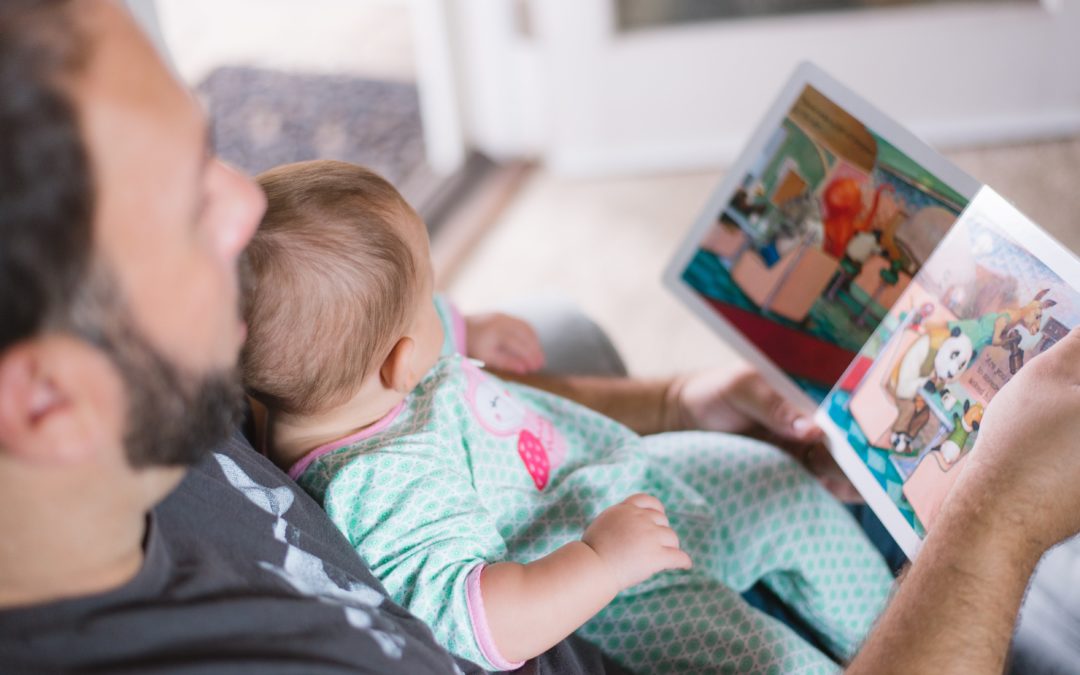Nothing really prepares you for the emotional roller coaster of a first-time pregnancy, even if it’s planned. There’s so much to take in, so much to think about, and it’s no wonder that many people see it as a journey into the unknown. Here’s what to look out for in the first, second and third trimester…
As changes go, they don’t come much bigger than pregnancy, and everybody deals with change in different ways. It can be unsettling, maybe even leaving you feeling vulnerable or not quite in control, and from the moment you find out you’re expecting, you will experience a range of emotions and will probably need time to take it all in.
Your relationship when you have a baby
The first few weeks
Hormonal changes and physical symptoms such as morning sickness can make your partner feel rough and moody and, although you may be delighted and excited, waiting for the Nuchal Fold Scan and the chance of miscarriage to diminish can make those first 12 weeks very stressful.
- You may find this period difficult to adjust to because, despite all this change, your partner isn’t really showing yet, so the pregnancy can all seem a bit unreal.
- Many couples choose not to tell many people during this time. Whilst some may enjoy keeping it a secret, others can find it isolating and very difficult to keep such exciting news from their friends and family.
- Likewise, if your partner’s feeling ill and emotional, she may need the support of friends more than ever, but be unable to explain her reasons to them. And, in our booze-orientated culture, it can be tricky to explain why your partner’s not drinking.
- Men can feel a little distanced during the early stages of the pregnancy, as the woman makes all the antenatal visits to the GP and midwife, and books the scans.
- At the same time, the woman may feel as though her partner needs to catch up and isn’t up to speed with what’s happening.
The first three months of pregnancy
The second trimester
The second trimester is often referred to as the good bit.
- Your partner may be feeling more like her normal self and both of you will be relieved to have the first scan behind you.
- You’ll feel that you can get properly excited for the first time and be as high as kites as you squabble over baby names and bask in the approval of your friends and family.
- Then comes evidence of the bump and the joy of those first kicks. That’s when it finally sinks in that you’re actually having a baby!
This period may not be all plain sailing, though. You may be concerned about money and feel the need to get everything sorted out now before it’s too late, which can put a lot of strain on you both.
You need to make decisions about childcare together, and it is not unusual for couples to adopt different attitudes towards the pregnancy. For instance, your partner may feel that she needs you to be around more, whereas you just want to make the most of your last perceived scraps of freedom.
The second three months of pregnancy
The last three months
By the last trimester, you should feel that you’ve ironed out a lot of the kinks; the money conversations should be behind you and you may have reached agreement about childcare.
- You’ll be able to be more involved, buying baby things and going to antenatal classes, and you can start to get really excited knowing that you are on the home straight.
- Although you might be apprehensive about the birth itself, and about whether the baby will be healthy, you can at least get on with other things.
- However, just as you finally catch up, your partner will be increasingly uncomfortable and having difficulty sleeping. Basically, she’ll be impatient to get it all over with.
Pregnancy is a journey that can bring you closer together as a couple, although it can also be fraught with tension. And, as you let the dust settle, draw breath and wait for your baby to be born, you’ll realise that you are no longer two autonomous individuals.
By enjoying the highs and working through the lows together you will have become a family.








